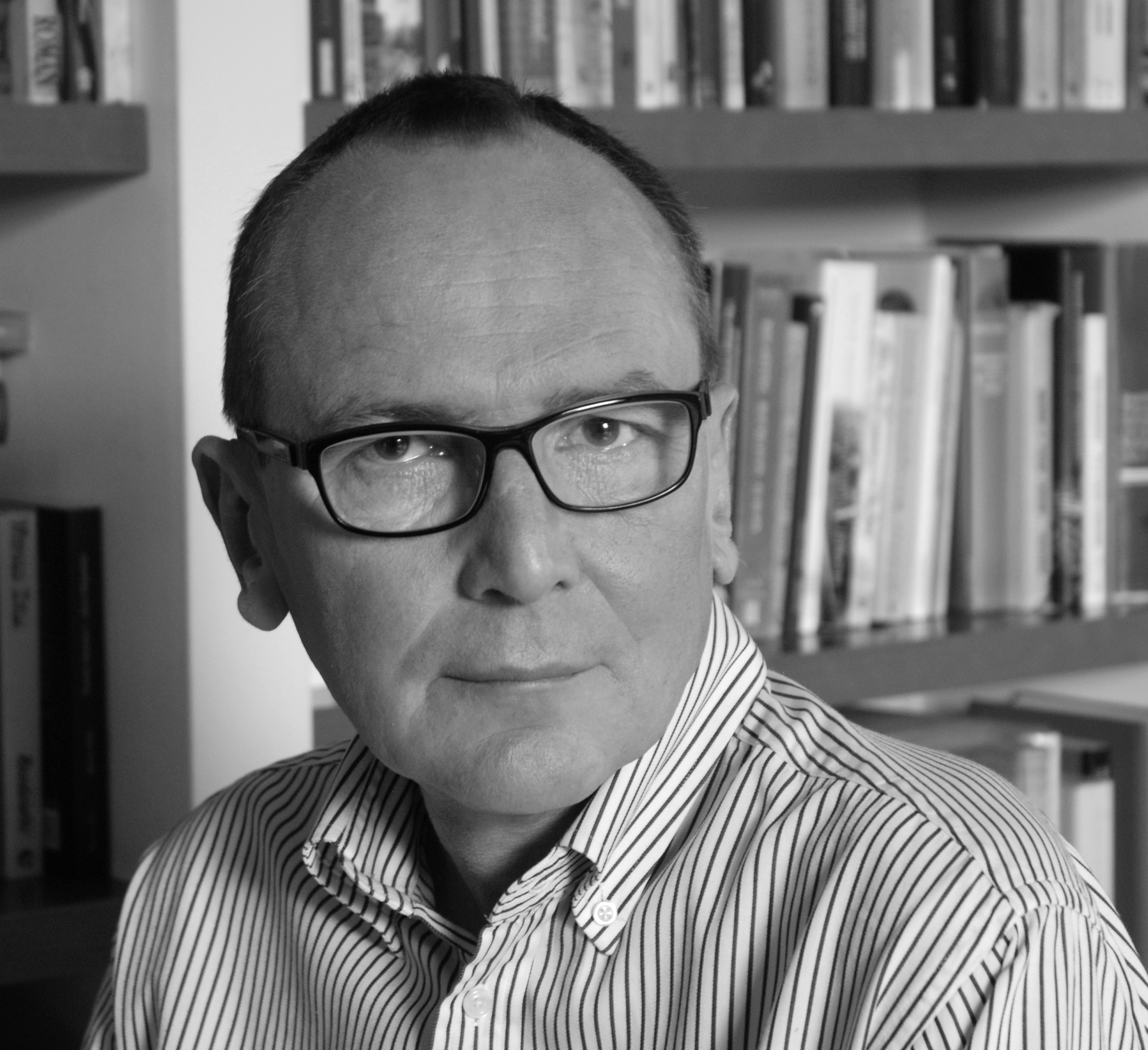
Professor Włodzimierz Borodziej - former member of the Council of the Krzyżowa Foundation for Mutual Understanding in Europe, historian specialising in modern history, professor at the Historical Institute of Warsaw University, editor-in-chief of "Polish Diplomatic Papers" published by the Polish Institute of International Affairs, chairman of the Scientific Councils of the Imre Kertész Kolleg in Jena (since 2016) and the House of European History in Brussels (2009-2019) died on 11 July 2021 at the age of 64.
The Więź.pl portal published an interview conducted last year with Prof. Włodzimierz Borodziej by Dr. Robert Żurek, Managing Director of the Krzyżowa Foundation for Mutual Understanding in Europe. The conversation was originally recorded as a podcast in the framework of the project "A united Europe was not achieved and we had war" realized by "Krzyżowa" Foundation for Mutual Understanding in Europe with the support of Regional Representation of European Commission in Wrocław.
You can listen to the interviews in Polish on the project website: "A united Europe was not achieved and we had war". Episode 2. The eruption of evil"
Interview extracts
Robert Żurek: To what extent and how did the Second World War influence the development of Europe? How much did it change our continent and its inhabitants?
Włodzimierz Borodziej: Aside from the Russian Revolution of 1917, which profoundly changed the entire balance of power in Europe, creating completely new constellations, which no one had imagined before 1914, the Second World War is the most important historical reference point of contemporary Europe. Above all because it was exceptionally bloody, and because it lasted six years. And also because it left behind a trail of at least tens of millions of traumatised people - not only in Europe, but also in the Far East - and changed the map of Europe. This all adds up to the significance of the Second World War in our consciousness today.
Europeans' memory of the Second World War can vary greatly. We see this for example in Krzyżowa, when groups from different countries visit us. How do individual nations remember this conflict?
- Very differently. Starting with Poland, 1 September is a symbolic date. For the British and the French, the date of the declaration of war on Germany - 3 September - plays no role whatsoever. For the Russians, on the other hand, the beginning of the war is not 17 September, as we think, but 22 June 1941, which is Hitler's attack on the Soviet Union. For the United States, of course, it would be Pearl Harbor. For a number of European countries that were neutral in the Second World War, there is no such date. It is arranged differently everywhere.
For us, the memory of our neighbours Russia and Germany is particularly important. Could you characterise it?
- Let me start with an element I forgot, for Czechs the Second World War basically starts in March 1939 or even earlier, in autumn 1938 in Munich.
As far as the memory of our two big neighbours is concerned, from the German point of view, of course a lot of effort is made to remember that the war started on 1 September with the invasion or the Wehrmacht attack on Poland. But there is no denying that for them, just as for the Russians, the eastern front begins on 22 June 1941 and for them the symbol of the Second World War are two things: Stalingrad, which has lived to see countless commemorations, including in the form of fiction, film and bombing, and what happened in Hamburg, Dresden. I think that the so-called expulsion plays a much smaller role than these symbols I have mentioned.
(...)
FULL TEXT [in Polish]: Prof. Włodzimierz Borodziej: Niemcy żyją mitem, że Polacy są niezwykle świadomi historycznie. A to jest nieprawda



